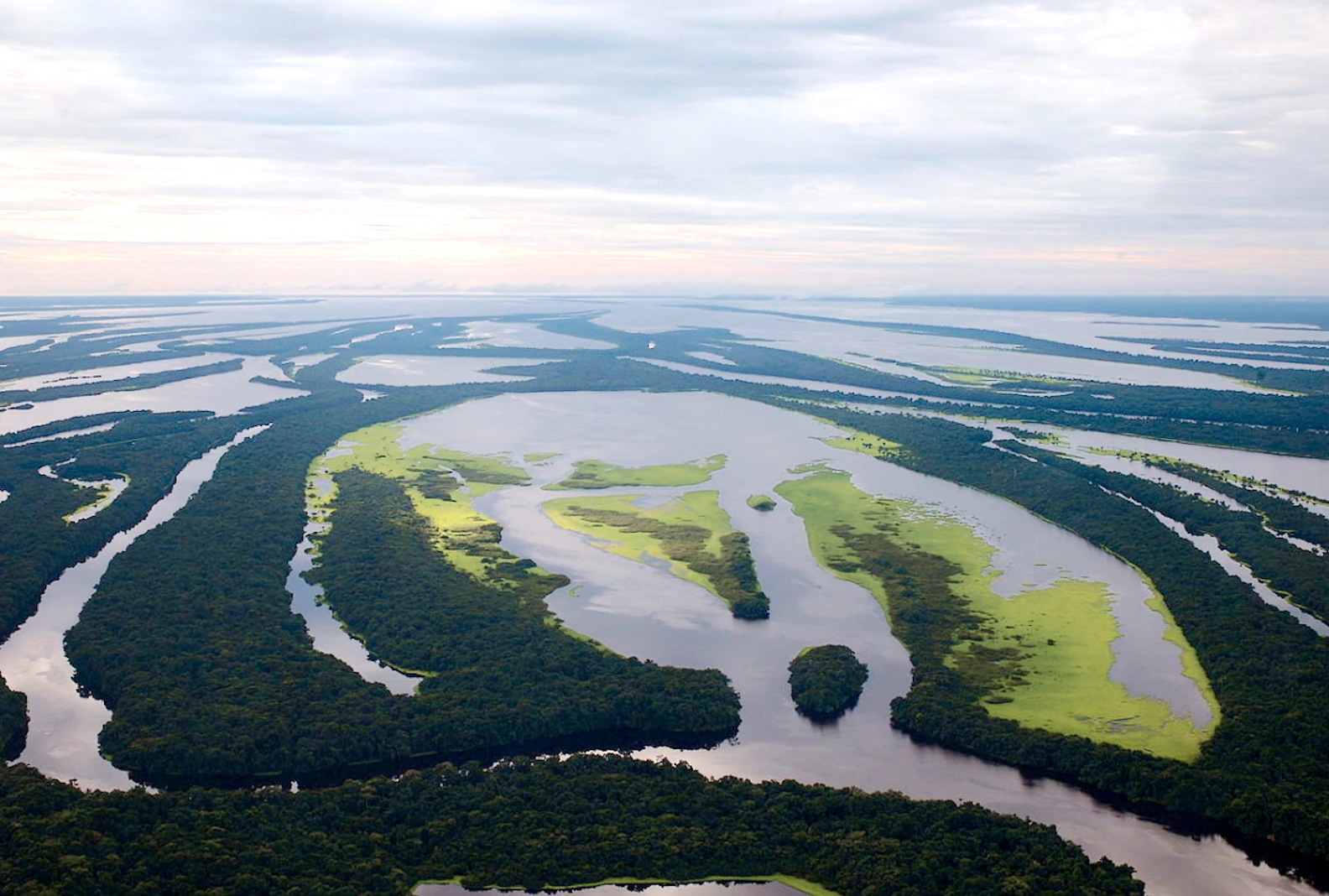Brazil’s Energy Minister Alexandre Silveira announced a significant oil discovery in the Equatorial Margin based on an internal Petrobras study.
Specifically, the Equatorial Margin block could hold 5.6 billion barrels. If true, this would boost Brazil’s current 14.8 billion barrel reserves by 37%.
This exciting block, known as FZA-M-59, is in the Amazon Basin. However, it’s situated 500 km away from the Amazon River’s mouth.
Silveira states that this block tops 42 others in promise. Nearby countries like Guyana and Suriname have already found oil there.
Silveira highlighted the block’s high prospects. Internal research hints at more than 5.6 billion barrels of oil.

Geological and geophysical tests back these claims. The Minister added that the project could offer more jobs and increase national revenue.
Nevertheless, Petrobras faces an environmental challenge. Brazil’s ecological agency, Ibama, rejected their initial application.
Specifically, the denial targeted a pre-operational spill response test. Petrobras has since sent more documents for a second review. No new timeline is available yet.
Silveira remains optimistic. He assures that all environmental criteria will be met strictly.
Background Oil in Amazon River’s Mouth
The study has the potential to transform Brazil’s oil sector, especially when considering how similar discoveries significantly enhanced Guyana’s reserves.
Brazil is aiming to boost its economy and job market in the same way.
Ecological concerns are paramount given the Amazon Basin’s proximity, which necessitates strong safety measures.
Ibama plays a pivotal role in maintaining a balance between economic progress and environmental preservation.
While Petrobras’ findings are promising, they still require validation through additional drilling.
The discovery also prompts questions about sustainability, especially as the global narrative pivots towards green energy, questioning the long-term relevance of new oil sources.
The challenge in obtaining a license underscores the importance of regulatory oversight, emphasizing a harmonious relationship between development and environmental care.
Moreover, the geopolitical implications of such a discovery cannot be overlooked, as oil finds can reshape regional dynamics and influence ties with neighboring nations.

